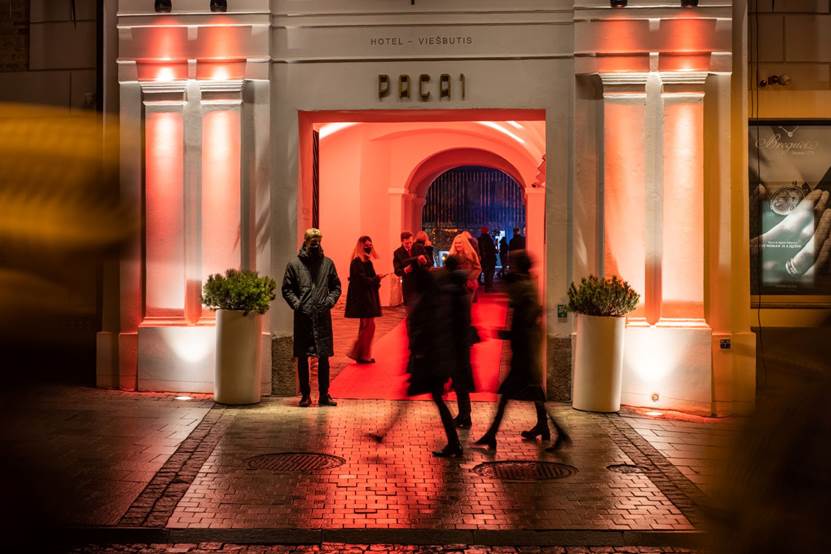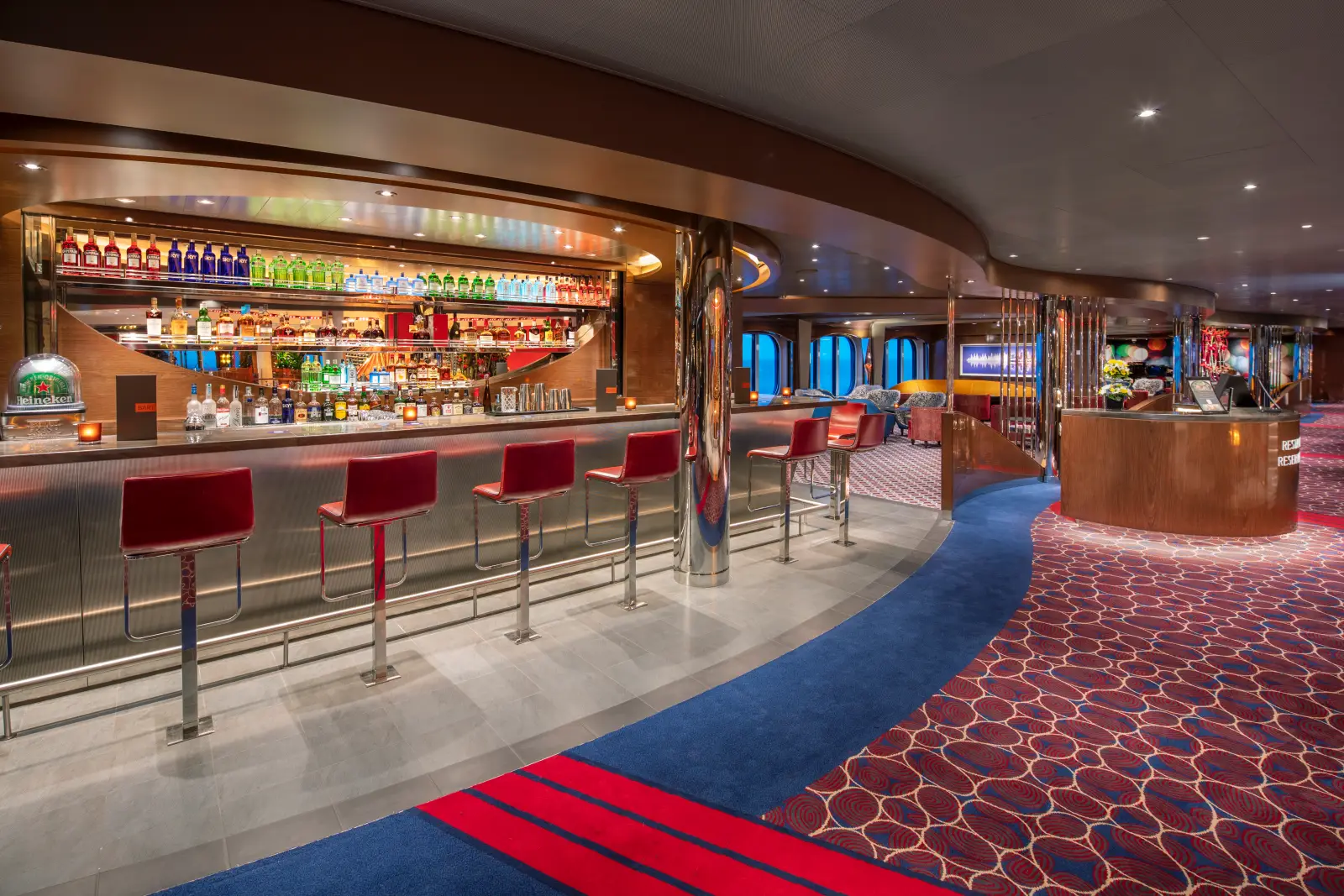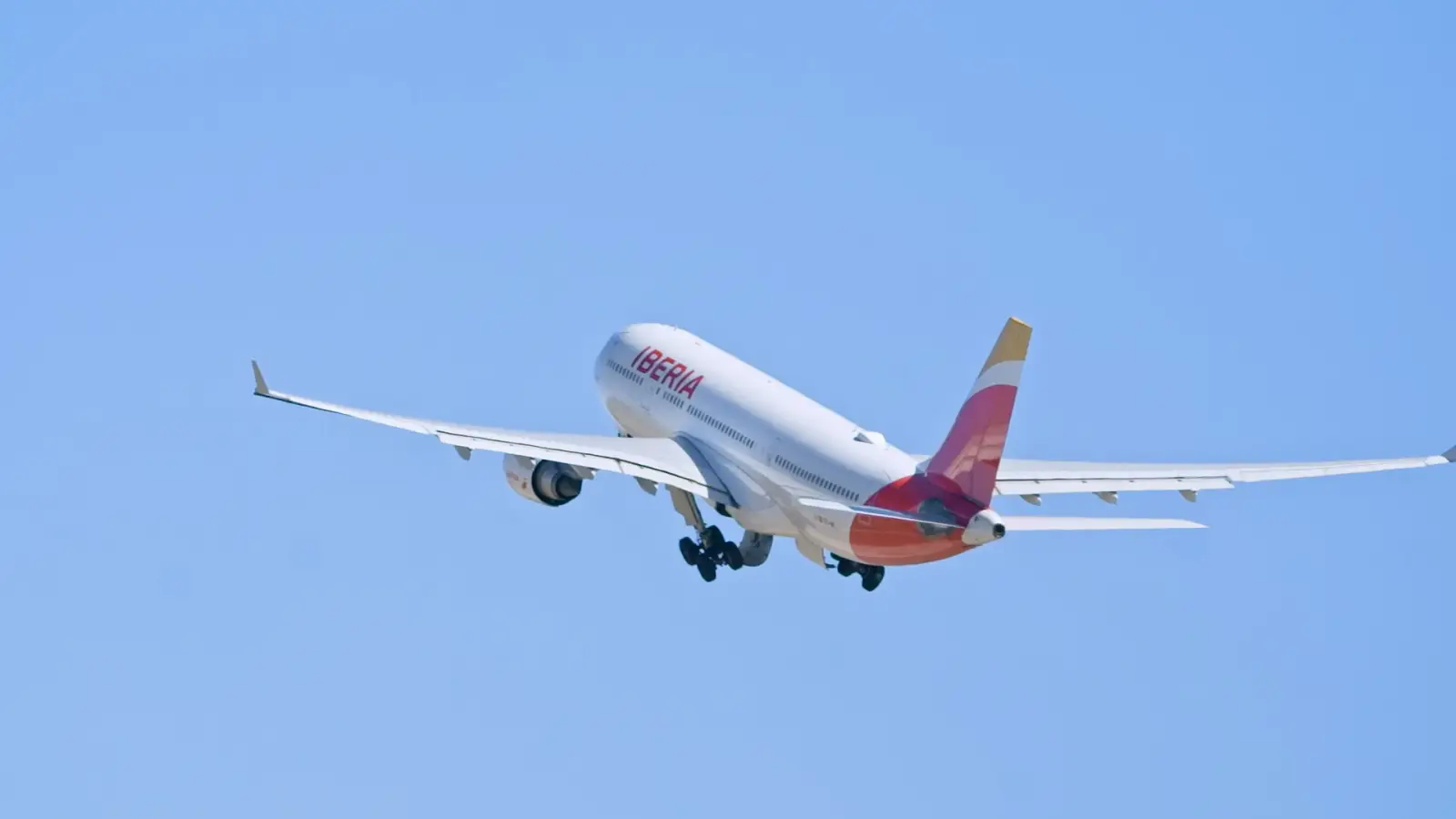Booking.com, one of the world’s leading digital travel platforms, reveals positive trends when it comes to travelers’ ambition to make more sustainable travel decisions in the future.
The research conducted prior to the current unprecedented times.
Over eight in 10 (82%) global travelers identified sustainable travel as important to them, while nearly six in 10 (58%) said they were more determined to make sustainable choices when looking to travel again in the future. Furthermore, witnessing the impact that tourism has on the environment while on vacation has resulted in 54% of travelers making more eco-friendly choices in their everyday life.
However, while many of the findings are promising, there are still obstacles to overcome, as 38% of global travelers do not know how or where to find sustainable travel options and half (50%) think there aren’t enough sustainable travel options available. This indicates that there remains an opportunity for more education around what sustainable travel options are already available. To make it easier for travelers to find and make sustainable travel choices, the Travalyst coalition, a global partnership founded by The Duke of Sussex together with Booking.com and other leading brands, recently announced development of new frameworks that will ultimately help surface more sustainable accommodation, aviation and experiences options across the industry.
Soundbites
Sustainable Accommodation Choices
- A significant number (74%) of global travelers said they planned to stay in eco-accommodation in 2020.
- Out of the 44% of travelers who have previously stayed in an eco accommodation, almost half (44%) did so to help to reduce their impact on the environment.
- To help convince the 26% of travelers who have not yet expressed interest in staying at an ‘eco-friendly’ accommodation, having a universal eco labeling system could help inspire others to travel sustainably, as 62% of travelers have admitted they would feel reassured about staying in an accommodation if it had an ‘Eco-label’.
- com is making headway for clearer labeling, exploring new ways to highlight sustainable practices at accommodations of all kinds across the globe, including everything from reducing plastics to water and energy-saving measures. These first steps to highlight property sustainability practices – which can also be verified by customers – are part of the company’s ongoing foundational work with Travalyst to develop an easy-to-understand, industry-wide sustainability label.
The Considerate Traveler
- One in three (33%) global travelers admitted they would be more encouraged to make sustainable travel choices if travel companies proposed alternative destinations to reduce overcrowding.
- Travelers are also considering alternative modes of transport to reach their destination, with 28% having opted to travel by train instead of car for longer distances to reduce their carbon footprint.
- These findings suggest that when traveling is back on the agenda, it is likely that travelers will want to continue making considerate choices by heading to less-visited destinations and selecting alternative modes of transport to get there.
Quest to be plastic-free
- Going plastic-free and encouraging accommodations around the world to introduce measures that clamp down on single-use plastic looks likely to be a key objective for global travelers in the future.
- When it comes to the term “sustainable travel and tourism” nearly one in five (19%) travelers associate the term with reducing waste/recycling plastic.
- 40% of global travelers shared that they have brought their own reusable water bottle rather than buying plastic bottles when visiting a destination in the past year, and 52% have said they have been frustrated when an accommodation has stopped them from being sustainable in the past.
- In addition to developing resources with tips and information to help properties operate more sustainably overall, Booking.com is also looking to test features that enable properties to highlight their own eco-friendly efforts to potential customers in a more visible way, for example to reduce their usage of single-use plastics. This includes when they do not use plastic straws, stirrers, crockery or utensils, have removed single-use toiletry bottles and/or when they have eliminated the use of plastic water bottles on site.













